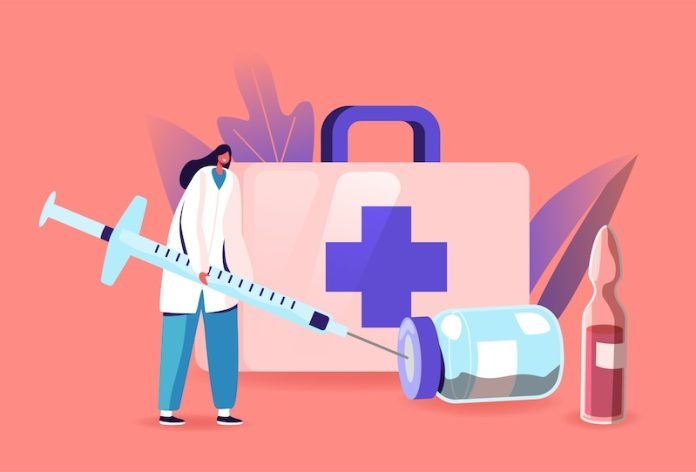
Autoimmune liver disease occurs when the body’s immune system attacks its own liver cells, leading to inflammation and potential liver damage. This type of disease can manifest in various forms, such as autoimmune hepatitis, primary biliary cholangitis, and primary sclerosing cholangitis.
Each type has its own characteristics, but they share common symptoms associated with liver dysfunction. Knowing these signs can be crucial for early diagnosis and treatment, which can significantly improve health outcomes.
This article explains the symptoms of autoimmune liver disease in clear, straightforward language.
Common Symptoms of Autoimmune Liver Disease
- Fatigue:One of the most common symptoms reported by people with autoimmune liver disease is a profound sense of tiredness that does not improve with rest. Fatigue can be debilitating and affects daily functioning and quality of life. It is also one of the earliest signs of the disease.
- Jaundice:This condition involves yellowing of the skin and the whites of the eyes. It occurs because the liver is unable to process bilirubin, a byproduct of the breakdown of old red blood cells. As bilirubin builds up in the blood, it can also lead to other symptoms such as dark urine and pale stool.
- Itching:Severe itching (pruritus) is a common symptom, particularly in diseases like primary biliary cholangitis. Itching in autoimmune liver disease is believed to be caused by bile acids accumulating in the skin due to reduced bile flow through the liver and bile ducts.
- Abdominal Pain:Some individuals may experience pain or discomfort in the upper right side of the abdomen. This pain is usually dull and can be intermittent or constant.
- Skin Rashes:Autoimmune liver disease can sometimes cause skin changes, such as rashes or hyperpigmentation. These changes may be due to immune system activity or related to liver dysfunction.
- Swelling in the Legs and Abdomen:As liver function worsens, fluid can accumulate in the legs (edema) and abdomen (ascites). This is due to the liver’s reduced ability to produce proteins that help keep blood from leaking out of blood vessels and decreased clearance of excess fluid from the body.
- Weight Loss:Unintentional weight loss may occur in advanced stages of the disease as appetite decreases and metabolism changes.
- Muscle and Joint Pain:Some people may experience pains in their muscles and joints. Although not directly caused by liver damage, these symptoms are related to the immune system’s abnormal activity.
Early Signs and Progression
Many people with autoimmune liver disease initially experience no symptoms or only mild symptoms that are easy to overlook. As the disease progresses, symptoms can become more pronounced and debilitating.
Early in the disease, liver enzymes measured in routine blood tests may be elevated, indicating inflammation or damage to liver cells.
Importance of Early Diagnosis
Early detection and treatment are crucial for managing autoimmune liver disease effectively. If left untreated, it can lead to severe liver damage, cirrhosis, or even liver failure.
Treatments typically involve medications that suppress the immune system, reducing inflammation and preventing further damage.
If you experience any of these symptoms or suspect something might be wrong with your liver, it’s important to consult with a healthcare provider who can perform appropriate tests.
Regular check-ups and monitoring are essential for those diagnosed with autoimmune liver disease to manage their condition effectively.
Conclusion
Autoimmune liver disease poses significant health challenges, but recognizing the symptoms early can lead to timely and effective treatments. By understanding and responding to the signs of this condition, patients can better manage their health and potentially prevent serious complications.
If you care about liver health, please read studies about simple habit that could give you a healthy liver, and common diabetes drug that may reverse liver inflammation.
For more information about health, please see recent studies about simple blood test that could detect your risk of fatty liver disease, and results showing this green diet may strongly lower non-alcoholic fatty liver disease.
Copyright © 2024 Knowridge Science Report. All rights reserved.



